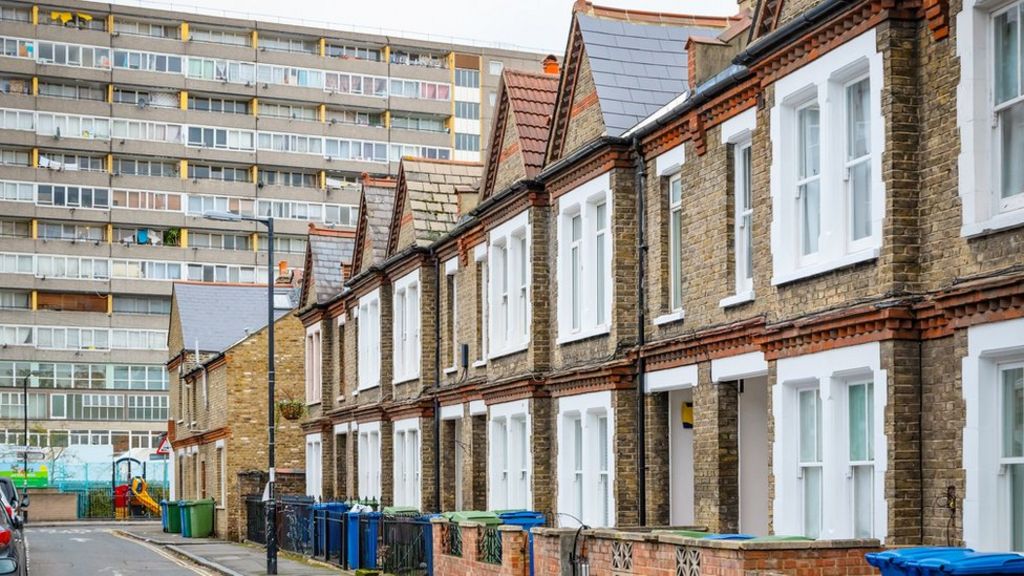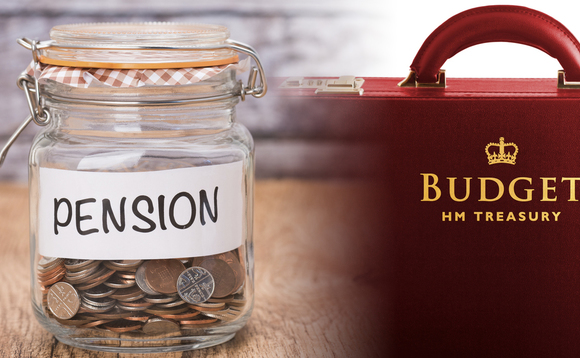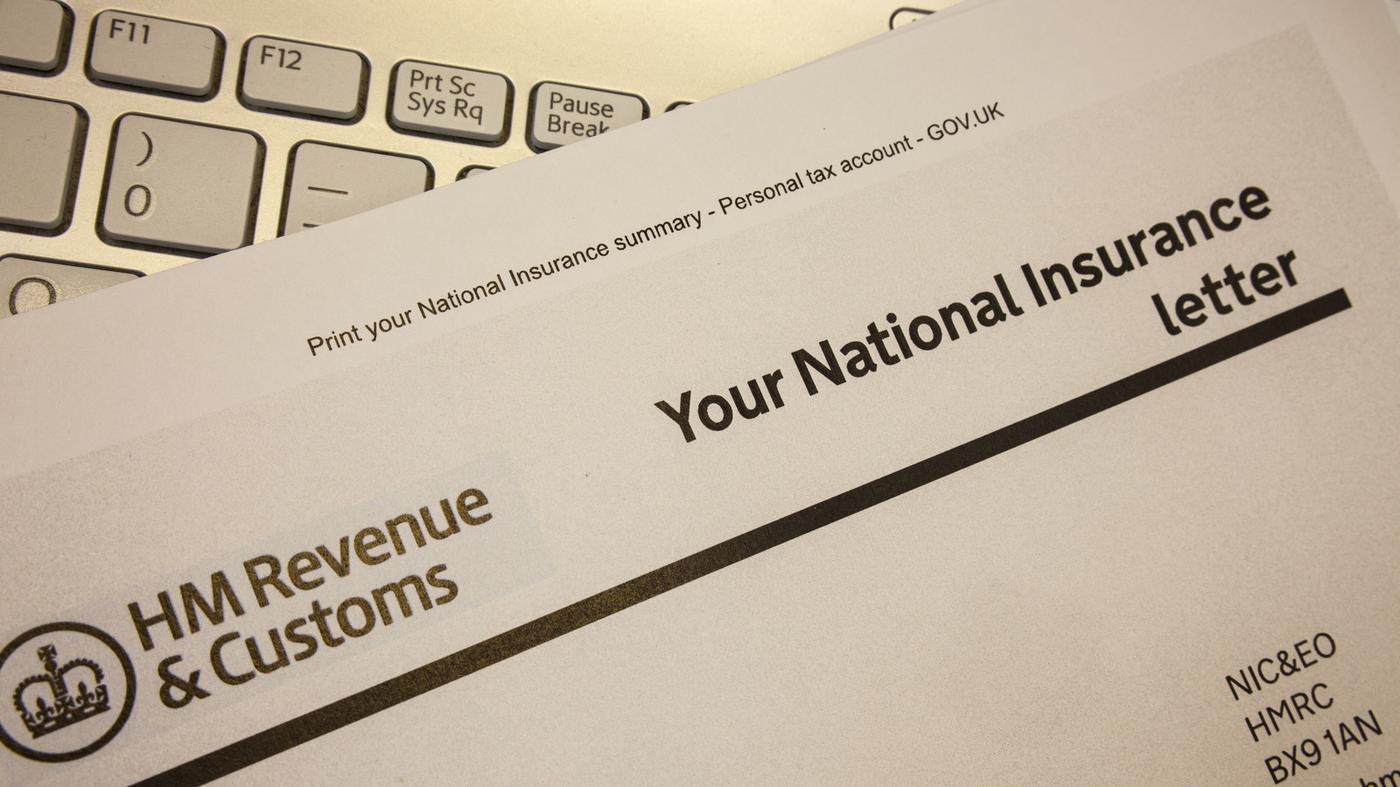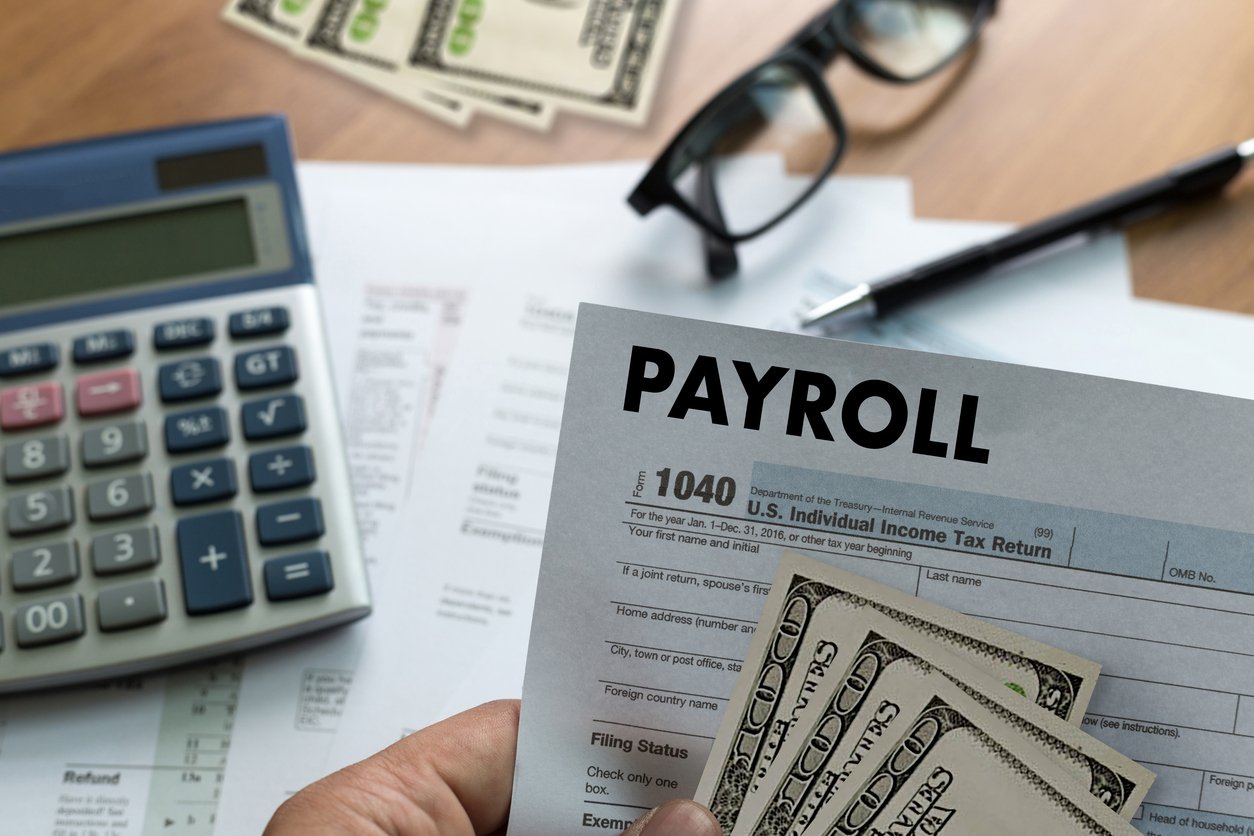Latest News and Blogs

Supporting Business Recovery Loan Scheme –From 6 April 2021 the Recovery Loan Scheme will provide lenders with a guarantee of 80% on eligible loans between £25,000 and £10 million to give them confidence in continuing to provide finance to UK businesses. The scheme will be open to all businesses, including those who have already received support under the existing COVID-19 guaranteed loan schemes.Restart Grants –The government will provide ‘Restart Grants’ in England of up to
Supporting Jobs High-quality traineeships for young peopleThe government will provide an additional £126 million in England for high-quality work placements and training for 16-24-year-olds in the 2021/22 academic year. Employers who provide trainees with work experience will continue to be funded at a rate of £1,000 per trainee.Payments for employers who hire new apprentices –The government will extend and increase the payments made to employers in England who hire new apprentices. Employers who hire a new
Housing Mortgage guarantee scheme –The government will introduce a new mortgage guarantee scheme in April 2021. This scheme will provide a guarantee to lenders across the UK who offer mortgages to people with a deposit of just 5% on homes with a value of up to £600,000. Under the scheme all buyers will have the opportunity to fix their initial mortgage rate for at least five years should they wish to. The scheme, which will
Supporting livelihoods Coronavirus Job Retention Scheme (CJRS) – To support businesses and employees across the UK through the next stage of the pandemic, the government is extending the CJRS for a further five months from May until the end of September 2021. Employees will continue to receive 80% of their current salary for hours not worked. There will be no employer contributions beyond National Insurance contributions (NICs) and pensions required in April, May and June.
Budget key points at a glance Tax Personal taxThe Health and Social Care Levy – As announced by the Prime Minister on 7 September 2021, the government has legislated for a new 1.25% Health and Social Care Levy (the Levy), to fund an historic investment in the NHS and social care. The Levy will apply UKwide, to the same population and income as Class 1 (Employee, Employer) and Class 4 (Self Employed) National Insurance contributions (NICs),
To support the delivery of public services, particularly in the NHS, the Chancellor has unveiled plans as of next month to raise the point at which tapering of the annual allowance kicks in by £90,000. This means that from 2020/21 the ‘threshold income’ will be £200,000 (increased from £110,000), so individuals with income below this level will not be affected by the tapered annual allowance, and the annual allowance will only begin to taper down
Around 31m people will benefit from a tax cut, as National Insurance contributions thresholds will rise to £9,500 per year from April 2020. A typical employee will save around £104 in 2020/21, while self-employed people, who pay a lower rate, will have £78 cut from their bill. The level at which taxpayers start to pay NICs has risen by more than 10% from £8,632 to £9,500 per year for both employed and self-employed people. For










